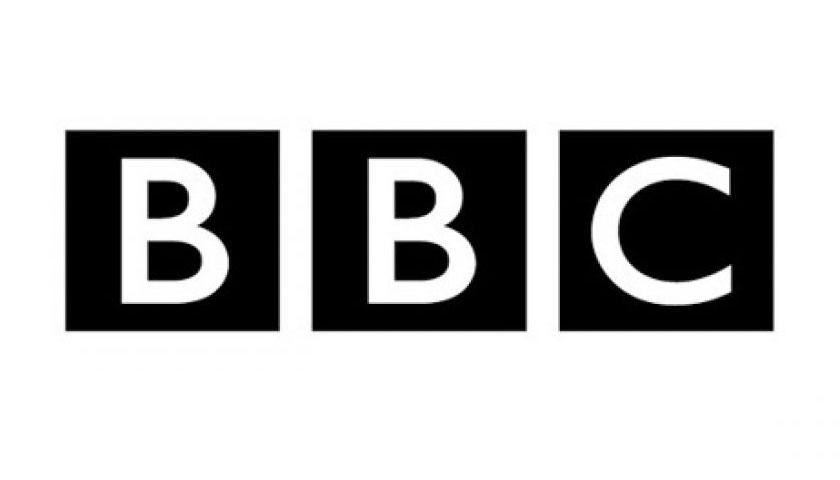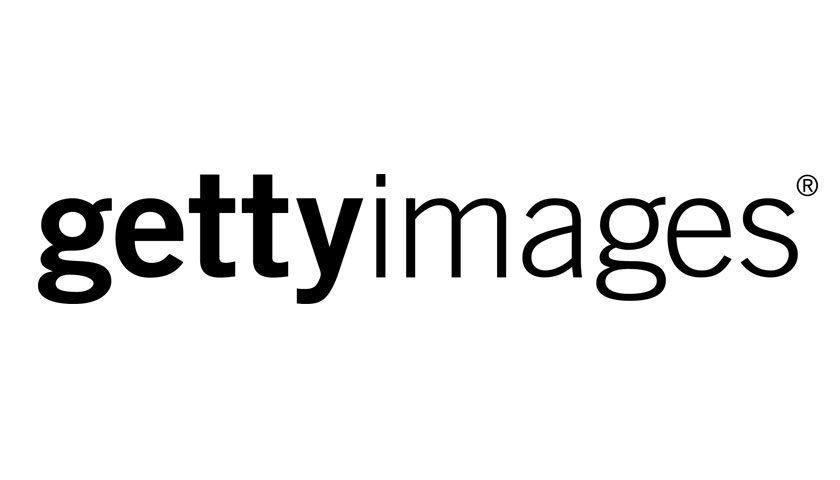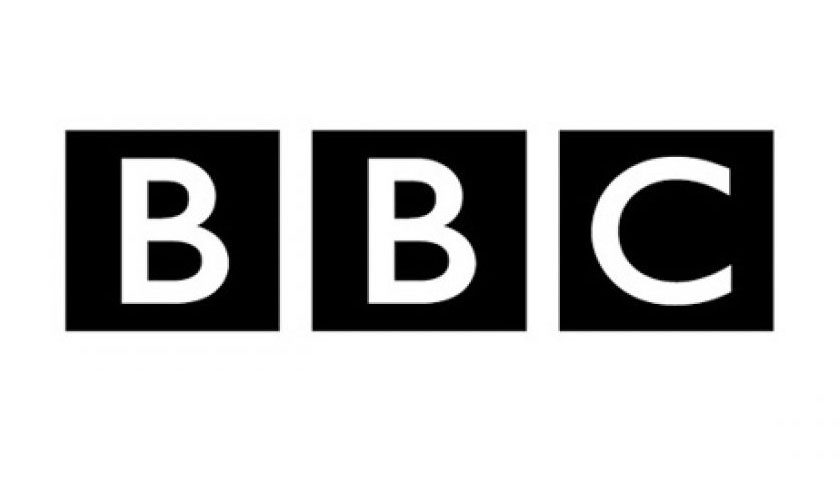The BBC have unveiled a new series of measures – unveiled on International Day of People with Disabilities – to create new opportunities, to see more disabled people working on some of the BBC’s biggest programmes, and help disabled staff to move around and up the BBC more easily.
We will be:
- Creating job opportunities with BBC Elevate, an initiative to give disabled people with some industry experience the chance to work and gain further experience on flagship BBC shows, including Strictly Come Dancing, The Apprentice EastEnders, Holby, Call The Midwife, The One Show, Who Do You Think You Are?, Ready Steady Cook and Pointless.
- Permanently shifting the dial on what audiences can expect in terms of authentic and distinctive disabled representation on screen, with a range of new programmes as well as enhanced portrayal in existing programmes and core brands.
- Introducing a ‘BBC passport’ for staff with disabilities which records their needs and helps to ensure they get the right support and can move smoothly between different jobs.
The announcement comes as the BBC hosts an event with ITV to mark International Day Of People With Disabilities, focused on disability and the media through bringing together contributors from all the major UK broadcasters for the first time.
BBC, ITV, Channel 4, Channel 5/Viacom and Sky will come together to share experiences, challenges, and best practice, as all five broadcasters continue to progress towards Doubling Disability by 2020, an initiative led by the Creative Diversity Network (CDN).
The work follows a major report carried out last year involving hundreds of staff which made recommendations on how the BBC can go further to ensure staff can progress at the corporation.
New programmes unveiled include BBC security correspondent Frank Gardner (pictured) confronting the challenges of suddenly becoming disabled; comedian and presenter Alex Brooker exploring what disability means to him; captivating new drama, But When We Dance about two people who both have Parkinson’s and share a love of dance; actor Mat Fraser curating a series of ambitious and challenging monologues on the theme of disability; and the return of acclaimed comedy series, Jerk.
Alison Kirkham, Controller Factual Commissioning, says: “We want to set the bar forever higher for the entire industry, both with off-screen talent and on-screen representation. In the past the industry hasn’t always done enough to offer opportunities for disabled people and so has missed out on their talent.
“With BBC Elevate we want to ensure the BBC leads the way in enabling disabled people in TV to progress. By working with some of the UK’s biggest shows we are giving applicants a chance to develop their careers and enabling our flagship brands to benefit from their experience and talent. I hope that the legacy of this initiative is sustained, enduring change which creates a greater pool of disabled people working across the industry, complemented by a richer portrayal of the lives and stories of disabled people on screen.”
Allan MacKillop, the BBC’s Disability Lead who has been developing the passport with support from the disability staff network BBC Ability since he joined the BBC earlier this year, says: “Introducing the passport is a major step forward in breaking down barriers and demonstrates both our commitment to career progression for disabled staff and to creating a more inclusive culture.
“BBC Elevate intends to make a tangible difference to the careers of many talented disabled people in TV who face some particular challenges with progression. We want to shift the dial for the longer term, and we are determined to replicate some of that across the industry.”
Clare Sumner, BBC’s Director of Policy and BBC’s Executive Sponsor of Culture and Career Progression for disabled colleagues, says: “Today’s announcements show that the BBC is committed to making sure disability issues are recognised on and off screen. I am pleased that we will be offering disabled staff the use of the passport, which we know will make a real difference to individuals and play an important role in improving the culture at the BBC. Our ambition is that it will be embraced industry-wide through collaboration with our partners.”
BBC Elevate – Progressing disabled talent in TV production
BBC Elevate is a deliberate, concerted drive from the BBC to support disabled production talent into roles which genuinely grow their careers and accelerate change across the industry. The initiative is an extension of the BBC’s internal development programme for disabled staff, to include freelancers and suppliers, and aims to create a greater pool of off-screen disabled talent regularly working across broadcasting.
Crucially, BBC Elevate will be talent-led, tailored to respond to the specific needs of individual disabled people who already have some experience in the industry. The aim is to unlock any barriers to progression and ensure off-screen disabled talent are reaching their full potential.
There will be opportunities for participants to work and gain experience across the BBC’s key shows including dramas EastEnders, Holby, Casualty, Doctors, Ridley Road, Line Of Duty and Call The Midwife; entertainment shows Strictly Come Dancing and The Apprentice, factual content The One Show, Countryfile, Antiques Roadshow, Gardener’s World, Who Do You Think You Are?, Glow Up and Ambulance; comedies Two Brothers, Famalam and Ghosts; and further opportunities in daytime quiz and game shows such as Ready Steady Cook, House Of Games and Pointless..
Opportunities will be available across the UK including the Nations and Regions. Additionally, some of the participants will have opportunities to work on the content being announced today.
The programme will be open for applications from Tuesday 3 December. Further information can be found on the BBC Careers site.
BBC Elevate will build on the success of The Commissioner Development Programme and disabled writers Access group, both of which have had measurable success on and off screen.
Improving disability representation on screen
We are committed to reflecting the diversity of our audience in the BBC’s output and we already have a range of disabled presenters, actors and contributors involved in programming. However, next year we will be building on this commitment with a concerted drive to go further on representation.
Nearly one in five of the UK population is disabled, and disabled audiences are heavy TV viewers. Almost three quarters of audiences believe it is important that disabled people are featured on screen whilst around half say there is too little representation of disability on TV (credit – BBC Pulse Survey).
Next year marks 25 years since the introduction of the Disability Discrimination Act (DDA) in November 1995 (and now set out in the Equality Act 2010), and we want to make a real difference in the quantity and quality of disability representation on television. The aim is to produce content in which disabled people are the storytellers, telling nuanced, authentic, raw and surprising stories, in their own voices.
This will be done in two ways. Firstly, there will be improved incidental and integrated disability portrayal in existing programmes and core brands. Examples include:
- Amar Latif, the blind British broadcaster and entrepreneur, joining the line-up in the next series of Pilgrimage
- Actress and comedian Liz Carr delving into her family tree in Who Do You Think you Are?
- Disabled panellists on BBC Celebrity Mastermind and Would I Lie To You
- Disabled contributors on BBC One’s new show You Are What you Wear
- Paralympian Kadeena Cox featuring on the BBC Three show Eating With My Ex, alongside other disabled contributors
- Disabled family members in Eat Well For Less
In addition, Call The Midwife continues to spotlight disabled characters and actors in its storytelling; Jimmy McGovern’s Moving On returns next year on BBC One Daytime and BBC iPlayer and will include one episode, called Second Sight, written by Mandy Revers Rowe, who is blind; and there are disabled actors in the cast of continuing and new dramas such as His Dark Materials and Life and a new disabled actor in the cast of Silent Witness.
Secondly, there will also be specially commissioned new landmark content in 2020 and beyond and the return of popular series with disability themes and disabled characters at their heart such as Jerk, The A Word and There She Goes.
In addition, the BBC’s award-winning disability journalism strand Ouch will be supporting the initiative online, extending conversations in podcasts, through text pieces and on social media.
Further commissions across television and radio will be announced in due course, with the confirmed programmes linked to the right. All new commissions announced today will include disabled production members.
BBC Passport
A ‘BBC Passport’ will be rolled out for use by staff with a disability working at the BBC in early 2020. The BBC is committed to creating a culture of openness, and launching the passport will aid disabled employees in having sensitive conversations with their managers and help remove barriers to progression within the organisation.
The BBC Passport will be a centralised document, which an individual agrees can be used to inform managers about their disability so that when they move roles they have the support they need in place. It will help to inform and assist managers to facilitate a smooth transition between roles and provide adequate support or adjustments for individuals when they are in post.
Individuals who choose to use the passport will provide detail about the impact of any health condition(s) and any workplace adjustment(s) that have already been put in place. They can then use the document to discuss any changes in circumstances with their manager, either in their existing position or a new role.
The introduction of a BBC passport was one of the key recommendations made in the report on career progression and culture for disabled staff at the BBC published in November 2018, with the aim of raising awareness and creating a disability-friendly environment within the organisation.
The passport will operate alongside a range of measures designed to support disabled staff. These include additional training for managers, online unconscious bias training for all staff, and an in-pilot reverse mentoring scheme for senior leaders.



